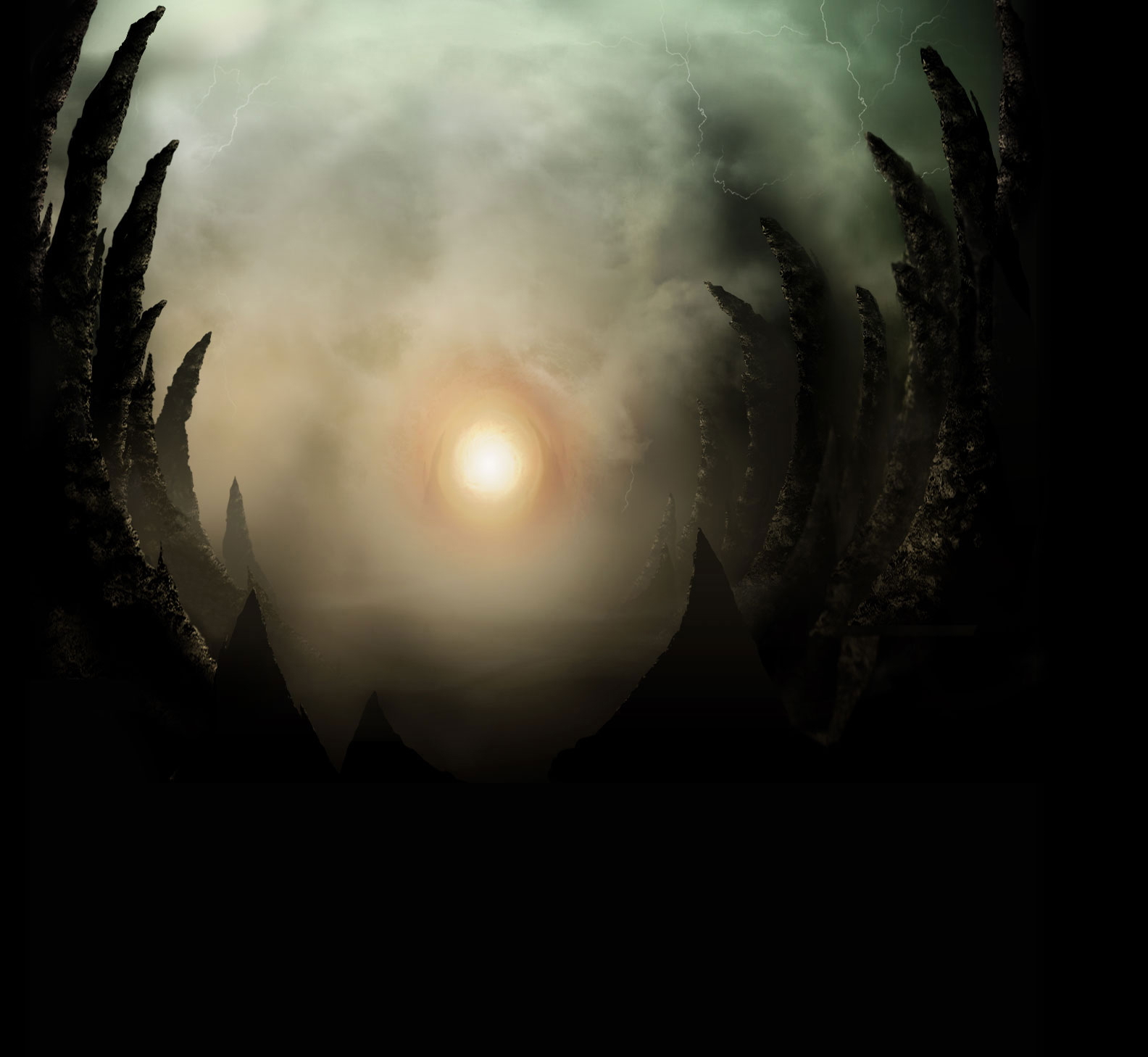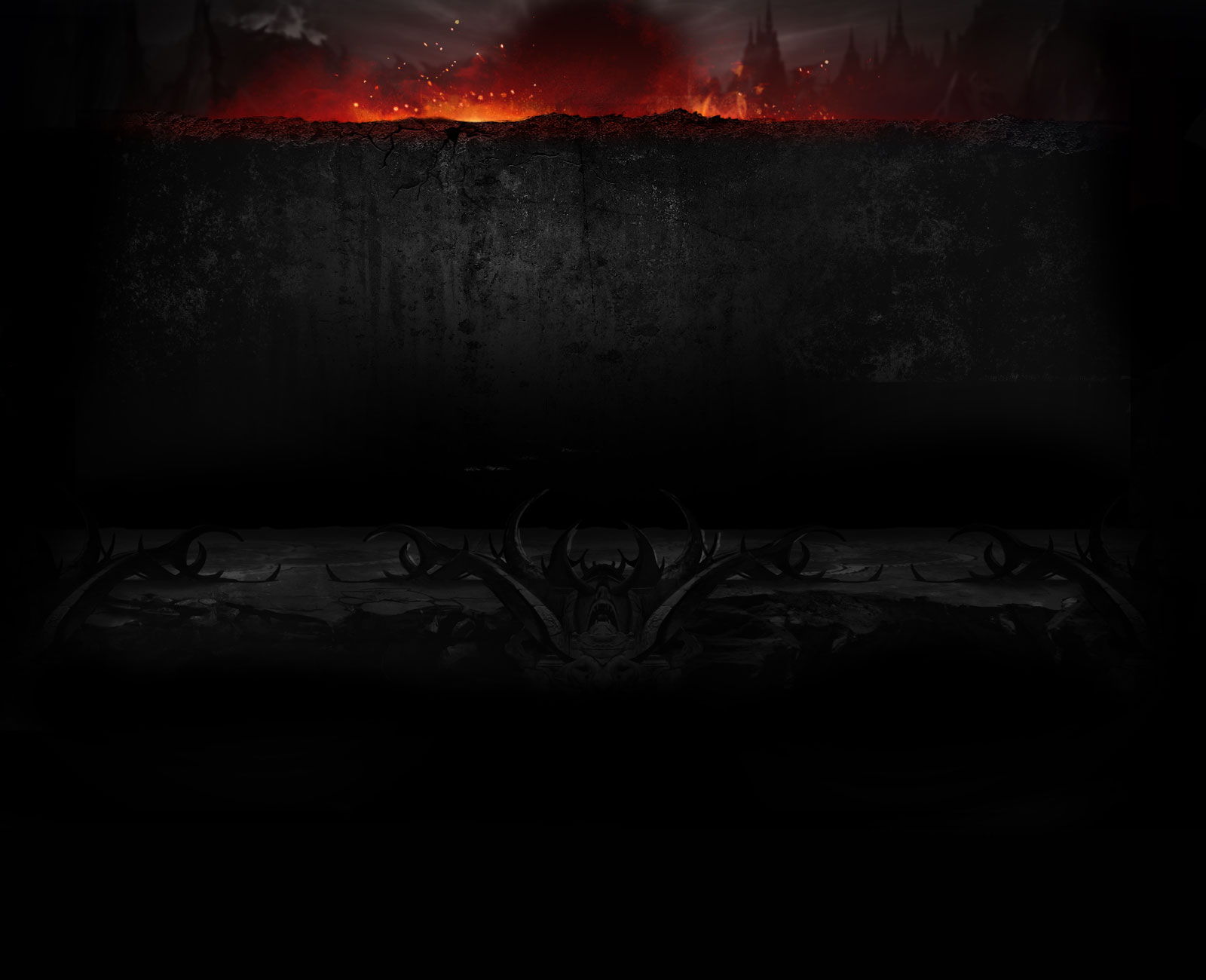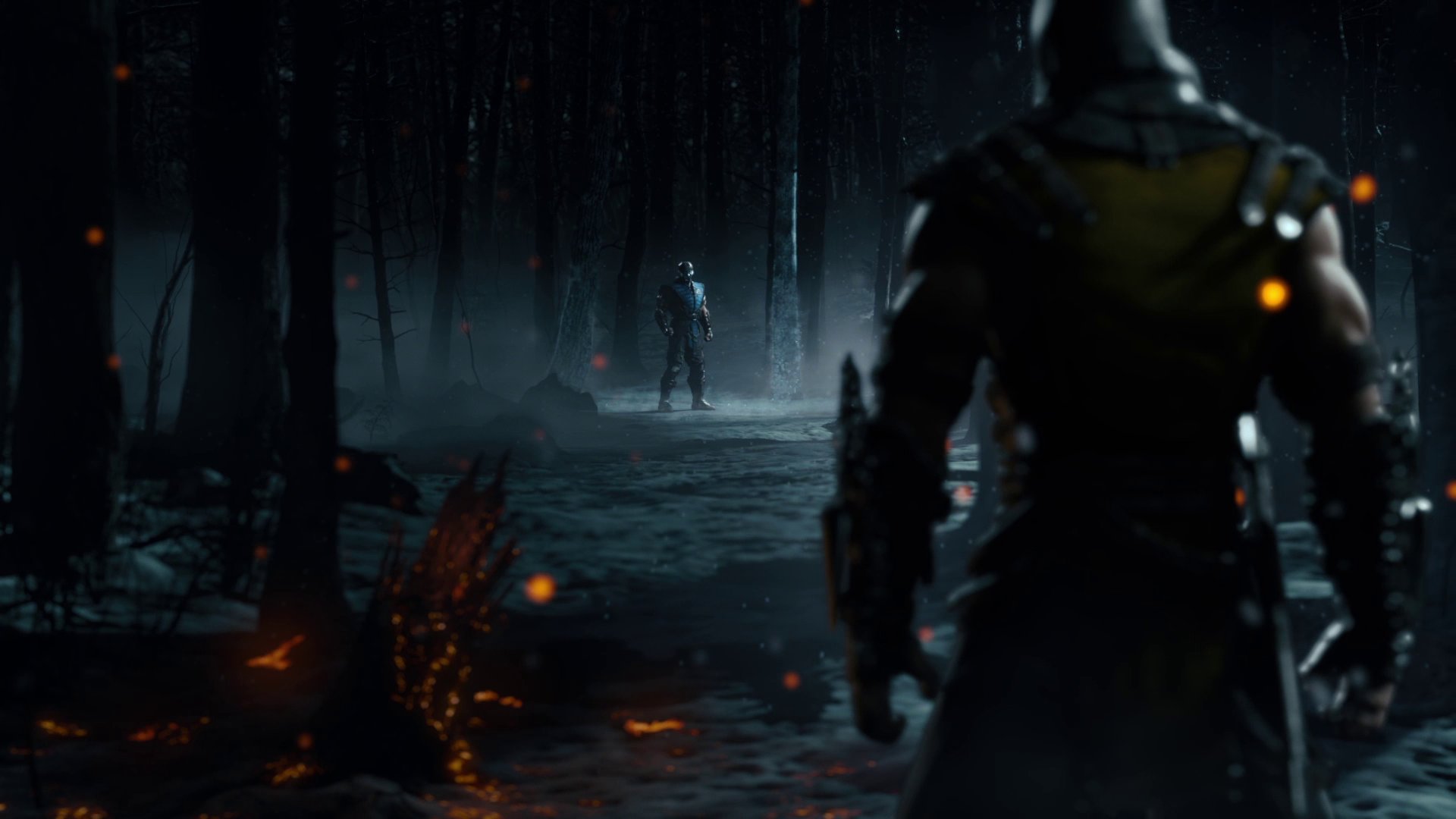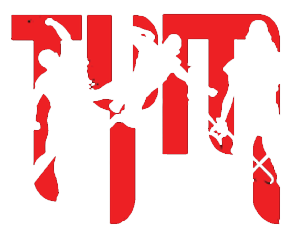Can somebody give me a quick run down on how to understand this? I'm pretty new to fighting games but i really want to learn from you guys.
Ok, I'll make this realllllllyyyyyyy simple
EDIT: Welllll, I tried lol
Matchup-based games (Street Fighter, and Mortal Kombat, apparently) are like Rock-Paper Scissors. In matchup-based games, one character has a distinct advantage over another character, like rock has over scissors, or sometimes, not so much of an advantage, like rock and rock. A rock-scissors matchup is very hard to win, like the Sagat-Zangief matchup in vanilla SF4. That match is 9-1 in Sagat's favor, meaning, if two players of equal skill play each other using those characters, Sagat will win 9 times out of 10. Now, it's not as cut and dry as rock-scissors, but it's close, especially in that case, probably one of the most slanted matchups in the history of fighting games, honestly. Zangief can still win, but he has to play PERFECTLY, and Sagat has to screw up a LOT, and Zangief has to know how to take advantage of those mistakes. Other matchups aren't as severe, like say, Guile and Bison in Super (Guile is 7-3 over Bison). The same idea is there, that the worse part of the matchup needs to play exceptionally well and the better part needs to make some mistakes that need to be capitalized upon, but it's possible for Bison to pull out a win with enough effort. Then there are 5-5 matchups (like rock-rock, if ties went to a coin flip or something), like Honda and Balrog in Super, where both players have an equal chance of winning, and it comes down to player ability and character knowledge.
However, system-based games (Tekken, Soul Calibur, Virtua Fighter) are like chess. The system, meaning move properties, character movement, combos, etc., make up the board and pieces, and the players do all the heavy lifting using knowledge of both that system, and the characters they are both using and playing against, much like a chess player uses his pieces and how they move, as well as the tendencies of his opponent in order to devise a strategy to win. In system-based games, there are bad matchups (like Steve-Jack 6 in Tekken 6), but the disadvantages one character has can be overcome using different elements of the system, like sidestepping Steve's moves at the right time, and using Jack-6's superior range to his advantage, and a "bad matchup" would be the equivalent of maybe a 6-4 in a matchup-based game. In Tekken specifically (I use Tekken because that's the only one I know well enough to use, really), Nobody really blames a loss on a bad matchup. You messed up your combos, you didn't punish properly, you didn't move right, YOU basically didn't do something in order to win. In vanilla SF4, it's fairly acceptable for a Zangief player to blame losing to a Sagat player on the fact that he's really not even supposed to have much of a chance in the first place.
Tier Lists are also derrived from different criteria as well. In matchup based games, there's a much more scientific method for derriving tiers. Usually, matchups are all given a total value of 10, and you get one point for each match out of 10 you're supposed to win (Sagat would get 9 for the Zangief matchup, for example), and then you add up all your points from all your matchups, and that's your score. Based on how many matchups there are, tiers will be separated by a given score range, so tiers are a lot more set in stone, and change as new strategies are developed with characters to change matchups. In system-based games, it's much less concrete. Tiers are more based on how well characters utilize their tools in the system provided by the game to beat other characters. Steve is a counter hit machine, and he's extremely fast, and not very punishable. As such, he utilizes the system very well, so he's considered top tier. Kuma, on the other hand, is big, slow, and has slow moves, so he's considered low tier because he can't utilize the system very well. That being said, there are still plenty of Kuma players who do well at tournaments (ATL Clint, iEatBamboo), and there are a lot of Steve players who don't do well at all, like my friend, who shall remain nameless, while it's very rare that you hear about a Dan or Makoto player win a Super tournament, unless it's someone like Justin Wong playing a bunch of people way below his skill level.
In short. Matchup-based fighters=Rock, Paper, Scissors, and system-based fighters=Chess. I hope this helps clear up any confusion you may have had








 opcorn:
opcorn: